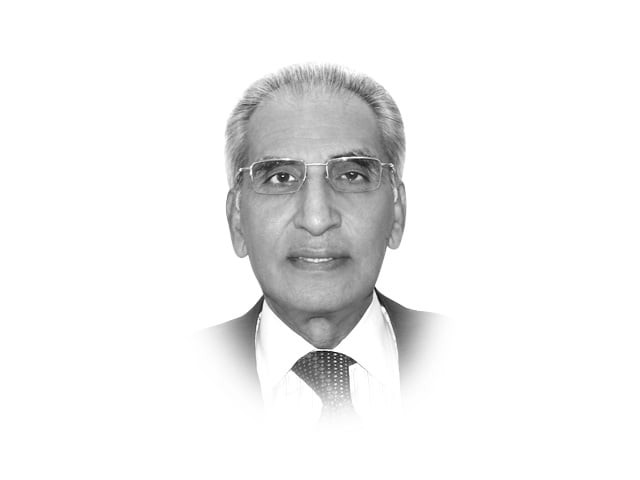Welcome clarity, at last!
Obama may have established his credentials to convince the generals and Republicans to support his Afghan initiative.

Clinton’s speech is seen as a welcome effort to end the confusion that has characterised Washington’s approach to Afghanistan with Obama’s aides looking at Afghanistan through the prism of their president’s re-election prospects, while the generals insist on seeing it as another battlefield for individual glory and institutional advantage. Her statement was important not only for what she emphasised, but also for what she chose to leave out. In the process, she revealed that in addition to the two “surges” long underway — an enhanced military offensive and an increased civilian assistance programme — the ground had been prepared for the third surge, which would be “an intensified diplomatic push to bring the Afghan conflict to an end”. Pledging strong US support for a “responsible reconciliation process led by the Afghans and supported by intense regional diplomacy”, she reiterated the three well-known “red lines” for reconciliation with the Taliban. But in a significant departure from earlier policy, Clinton described the red lines not as pre-conditions, but as “necessary outcomes of any negotiation”. No less significant was her acknowledgement that “for reconciliation to succeed, Pakistan will have to be part of the process”.
Soon thereafter, two veteran diplomats — former UN envoy Brahimi and former US undersecretary Pickering — who were heading a task force on Afghanistan, criticised the administration for “holding back from direct negotiations, hoping the ground war will shift decisively in its favour”. In an op-ed piece in the The New York Times of March 24, they called upon the administration to push for a negotiated settlement with the Taliban, adding that it had been proven that “neither side can expect to vanquish the other militarily in the foreseeable future”. Brahimi also asserted that the task force “thinks the Taliban will be interested in exploring the possibility of negotiations”.
It may have come years too late, but Clinton’s pronouncement and the task force recommendations confirm that the administration now recognises that merely laying down red lines would not suffice, but that the Taliban would have to be involved in meaningful negotiations aimed at ensuring that they, too, become stakeholders in a future political dispensation. At the same time, the US has to promote a genuine ‘regional approach’, as there can be no peace till such time that Afghanistan’s neighbours and the world’s major powers agree on guarantees of non-interference in Afghan internal affairs and a commitment not to use Afghan territory to impact adversely on the interests of other states.
Do these developments mean that the Obama Administration has finally been able to resolve its institutional differences? We don’t know, as we have little evidence of the Pentagon’s support for the third leg of the US strategy. General Petreaus has not yet commented on it, insisting on a policy of “reintegration”, which aims at splitting and weakening the Taliban. He also keeps claiming major successes, which have reportedly arrested the Taliban momentum. These upbeat assessments indicate continued focus on more fighting and less talking in Afghanistan. Nevertheless, since Clinton’s welcome shift on the red lines and acknowledgement of Pakistan’s role in the peace process are in consonance with Islamabad’s oft-repeated stand, it needs to extend its unstinted support to this diplomatic initiative. We have suffered enormously from our involvement in the Afghan imbroglio! In fact, Clinton’s announcement should be grasped to encourage the Taliban to move in the direction of national political reconciliation. This would also have an immediate and favourable fallout on the security situation in Pakistan as well.
Ironically, by his intervention in Libya, Obama may have established his credentials as a wartime president, which may enable him to convince both the sceptical generals and the cynical Republicans to support his Afghan initiative.
Published in The Express Tribune, April 6th, 2011.















COMMENTS
Comments are moderated and generally will be posted if they are on-topic and not abusive.
For more information, please see our Comments FAQ